A franchise has its list of challenges, one of which is turning on the infrastructure within the budget limit. Some of the most important aspects of any Frenching operation are mechanical, electrical, and plumbing (MEP) systems. These systems make the origin of any commercial building, which provides comfort, safety, and functionality. For franchise owners, cost-effective MEP solutions are the key to making a difference in the bottom line.
Here’s a look at how franchise owners can optimize their MEP systems for performance and cost savings.
1. The Importance of MEP Systems in Franchises
MEP systems are integral to any commercial building, which provide functionality in heating, cooling, lighting, water supply, and waste management. For franchisees, these systems need to be efficient, but should also be flexible to adjust to the brand-specific demands. Whether it is controlling the same temperature for food chains or providing adequate ventilation for the gym, the MEP system should be in line with the operational requirements of the franchise.
But the MEP systems that are poorly designed or chronic can result in disability, increased operating expenses, and regulatory issues. Franchise owners need to invest in the solution with a balance between initial and ongoing savings.
2. Tailoring MEP Solutions for Franchises
Energy Efficiency as a Priority
The use of energy is one of the largest operating expenses for franchisees. Installing HVAC systems, LED lighting, and intelligent thermostats that are efficient in energy, resulting in heavy savings. An energy audit can reveal areas that need to be improved, and the owners of the franchise can make a report accordingly.
Modular and Scalable Systems
Franchise operations grow or upgrade over the years. The modular MEP system overhaul is flexible in scaling operations without the need for infrastructure. It is especially useful for a multi-location franchise that desires to preserve stability when adjusting special site requirements.
Standardized Designs
Standardizing the MEP designs at all franchise locations can make installation and maintenance easier. By involving MEP advisors, who are experienced with the operational model of the franchise, the owners can reduce the time and expenses of the sewing solution for every location.
3. Cost-Effective Strategies for MEP Systems
Early Integration in Planning
One of the most frequent errors franchise owners commit is that they think about MEP systems too late during the building process. Early incorporation guarantees that these systems become an integral part of the building’s design without incurring expensive retrofits and modifications in the future.
Leveraging Advanced Technologies
Modern MEP solutions often incorporate advanced technologies like Building Information Modeling (BIM). BIM allows for detailed visualization of MEP systems before implementation, identifying potential issues and reducing waste. Automation and IoT-enabled devices can further enhance system efficiency and reduce manual intervention.
Preventive Maintenance Programs
Reactive maintenance can cause unplanned costs and downtime, something that can be calamitous for franchises with steady operations. Preventive maintenance programs for their HVAC systems, plumbing, and electric installations mean potential problems are tackled before they get out of hand, making it cost-effective in the long term.
Partnering with Reliable Vendors
Finding the appropriate vendors is very important to achieve cost-effective MEP solutions. Reputable vendors usually provide bundled services, warranties, and post-installation assistance, which bring the total cost down. Worth investing in a partner with experience in franchise operations to provide customized solutions.
4. Compliance and Sustainability
Following local building rules and environmental law is paramount for franchise owners. Failure to comply can cause significant fines and damage to reputation. Cost-skilled MEP solutions should include green practices such as the use of environmentally friendly materials and reducing carbon emissions.
The government’s encouragement for energy-skilled buildings can also cover the front-of-house costs. For example, franchisees may be eligible for a tax credit or discount for the installation of solar panels or energy-saving devices.
5. Case Study: MEP Optimization in Action
Suppose there is a mid-size restaurant franchise that wants to reduce operating expenses. By converting into energy-skilled HVAC devices, by adding motion-sensing LED lighting, and using a water-protection plumbing system, the franchise was able to reduce its utility bills by less than 30% per year. Upfront Investment Wanted within two years, showing the value of the strategic MEP upgrade..
6. Long-Term Benefits for Franchise Owners
Investing in affordable MEP solutions is not merely a matter of saving dollars—it’s about building a robust and scalable model of operation. Contemporary, effective systems minimize downtime, maximize customer satisfaction, and make franchise locations more attractive to stakeholders. Furthermore, the cost savings realized can be redirected into other business areas, such as marketing or staff training, driving overall expansion.
Conclusion
For owners of franchises, frugal MEP solutions are not just a requirement, but a tactical tool. By focusing on energy efficiency, using technology, and preventive maintenance, franchises can streamline their operations without breaking the bank. In the intense business environment, the appropriate MEP systems not only save money but also add value to the whole franchise. Franchise businesses should engage with seasoned MEP consultants to design systems specific to their requirements. Properly executed, these solutions can emerge as a primary driver of operational performance and sustainability.
Explore how streamlined engineering design can unlock new levels of performance, scalability, and savings. In our related blog, we break down the power of simplification—how thoughtful design choices not only reduce complexity but also minimize construction costs, shorten timelines, and improve long-term maintainability across franchise locations.
How-To: Optimize MEP Systems for Franchise Cost Savings
- Conduct an Energy Audit First
Identify inefficiencies in your current MEP setup. Hire professionals to audit energy, water, and HVAC usage across your franchise locations.
- Engage MEP Consultants Early
Involve MEP engineers at the planning or renovation stage. Early design integration avoids expensive retrofits later.
- Choose Scalable and Modular Systems
Design systems that can grow with your business. This makes expansion easier and more budget-friendly.
- Standardize Across Locations
Create a template for your MEP systems. Standardization simplifies maintenance, installation, and cost estimation for new outlets.
- Invest in Smart Technologies
Adopt IoT-enabled devices, automated HVAC, and LED systems to monitor and control energy usage in real time.
- Prioritize Preventive Maintenance
Set up a scheduled maintenance plan to avoid emergency repairs and reduce long-term operational costs.
- Take Advantage of Incentives
Explore local, state, or federal tax credits and rebates for energy-efficient upgrades.
FAQ: Cost-Effective MEP Solutions for Franchise Owners
MEP systems ensure core functionality—like heating, cooling, water supply, and power—while maintaining comfort, safety, and regulatory compliance.
As early as possible. Integrating MEP design at the planning stage saves time, avoids rework, and reduces costs.
By using energy-efficient HVAC units, LED lighting, smart thermostats, and automating system controls to minimize unnecessary energy use.
Yes. Standardization reduces design time, simplifies compliance, lowers installation costs, and eases maintenance.
Preventive maintenance helps avoid system failures and emergency repairs, extending the life of your equipment and keeping operations smooth.
Yes. Many states offer tax incentives, rebates, and grants for adopting sustainable building technologies and energy-saving systems.
Look for a firm with multi-location franchise experience, technical expertise, strong references, and knowledge of energy-efficient practices.
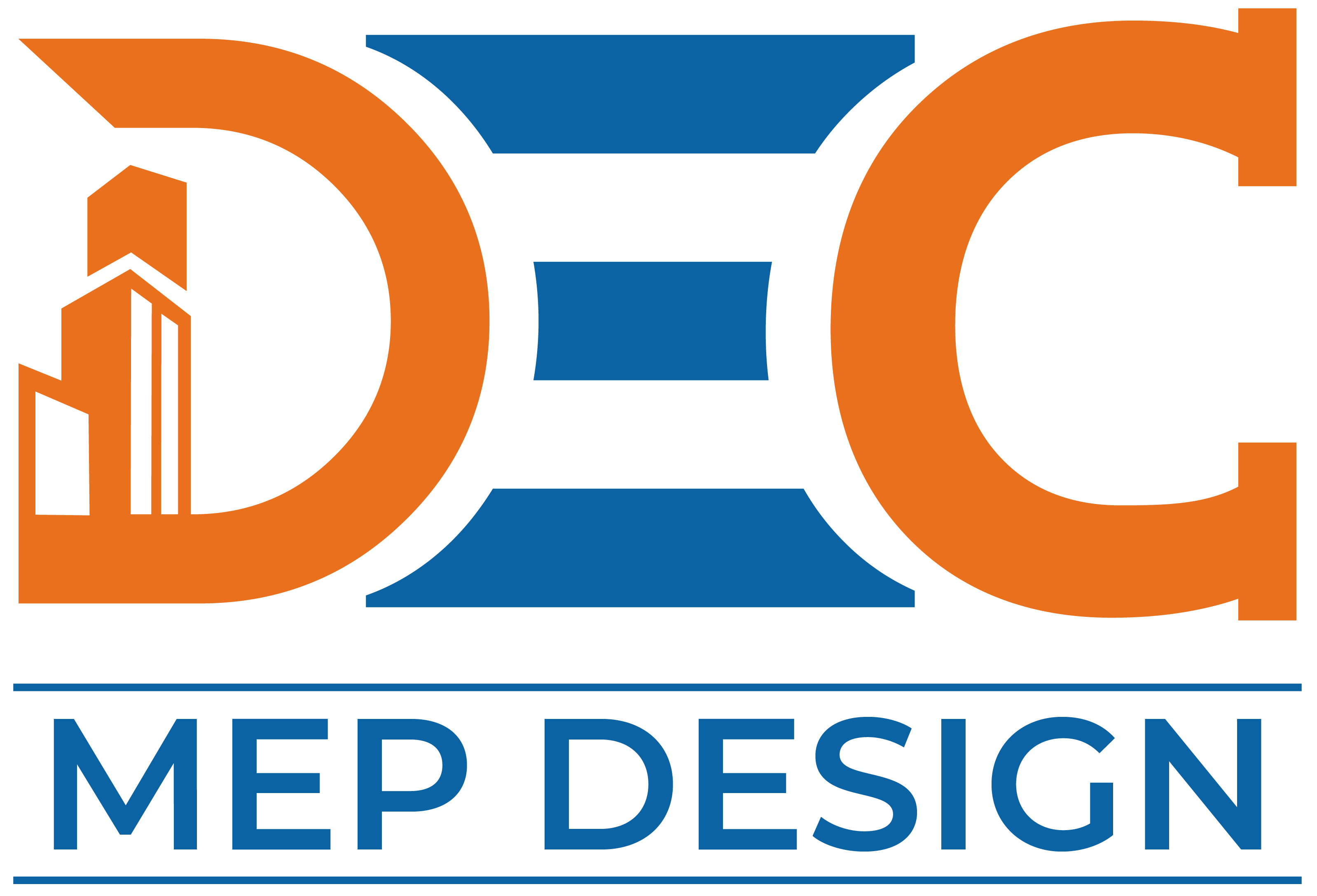
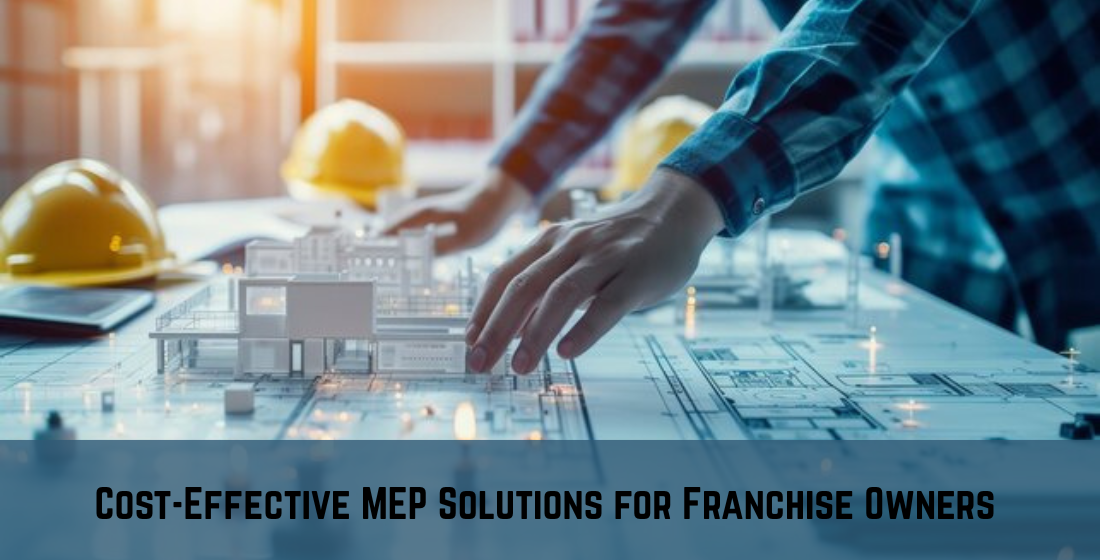
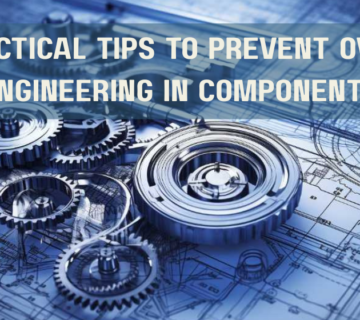
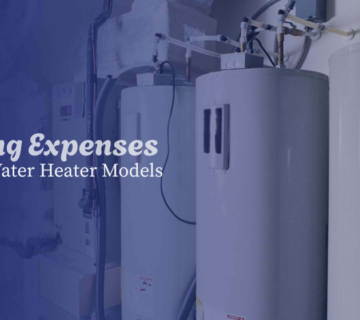
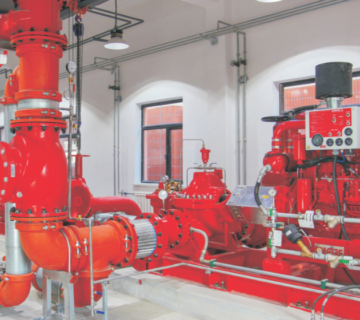
No comment